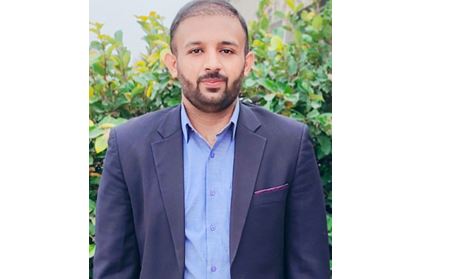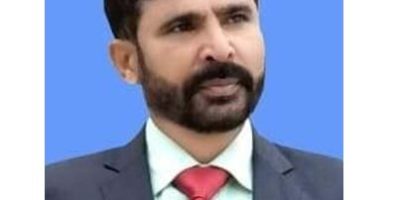Will Presidential System Work?

Mustansar Siam
There are rumours and gossip across the country that a presidential system of government will be introduced very soon. The opposition is persistently accusing the government of its attention to imposing a presidential system. The opponents of the presidential system say that it would destroy democracy in Pakistan. It would also bring some serious consequences for the federation in the country. Furthermore, they claim that the parliamentary system causes dynastic politics, legislative flip-flopping and party fragmentation. They often ignore that the presidential system is neither against democracy nor against the federation. An evident example in this context is the United States, where the presidential system does exist with stable democracy and federation. Moreover, dynastic politics also does exist in some countries simultaneously with economic and political development. Karl Jandoc offers an exciting analysis while exploring the relationship of political dynasties with economic growth. He has analyzed the case of the Philippines in this context and concluded that the relationship of political dynasties on economic performance is very weak. Mary Grace Lu has analyzed that dynastic politics largely impacted inherently inefficient societies. Inefficient institutional delivery often leads to economic underdevelopment. It is the fundamental reason behind the economic backwardness of the communities where conceptions like father, like son, prevail and exist.
On the contrary, people who favour the presidential system believe that it would bring adequate economic and political development to the country. Moreover, they used to inculpate the parliamentary system for Pakistan as it could not deliver in recent times. Both systems are working and producing socio-politico and socio-economic development in different countries. The parliamentary system works in Canada, Latvia, Great Britain and New Zealand. At the same time, the presidential system is working in the United States, Argentina and Mexico. Economic and political development can be witnessed in the countries mentioned above. There are some specific pre-requisites for any political system’s successful working and delivery. These pre-requisites include structural differentiation, system adaptability, checks and balances, and stable political edifice. Scholars including Lucian Pye, JR Pennock and Leonard Binder have identified and discussed these proximate variables of political and economic development.
Any system can effectively work and deliver in a workable political and economic fabric. Pakistan’s unfortunate experience with 58(2b) and rise in poverty and bad governance during the past three perpetual democratic regimes indicate that country needed institutional transformation rather than a specific political system.
The writer is an Mphil scholar at the Department of Political Science, Government College University Lahore.
Related News

Growing Pak-Afghan Conflict
Dr. Muahammad Akram Zaheer The recent escalation of terrorist activities aimed at critical infrastructure andRead More

Innovative diplomacy with the US, KSA and Iran
By: Qamar Bashir The convergence of diplomatic engagements between Pakistan, USA, Kingdom of Saudi ArabiaRead More


Comments are Closed